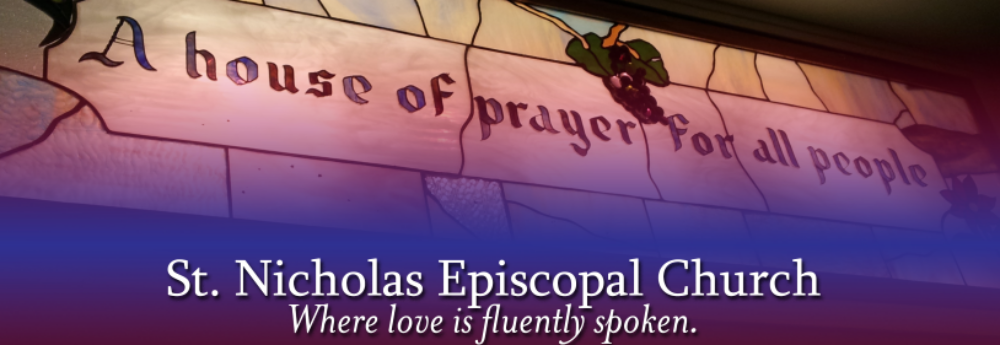Breaking news on the election will be posted at the Bishop for Chicago site.
Lesbian among candidates in election for Episcopal bishop :: CHICAGO SUN-TIMES :: Religion
The Episcopal Diocese of Chicago will elect a new bishop on Saturday. The election is receiving international attention because the slate of eight candidates includes a lesbian priest.
Local Episcopal Diocese Could Have Openly Gay Bishop
When Gene Robinson was elected and approved as the bishop of the Episcopal Diocese of New Hampshire in 2003, it ignited a forest fire in the Episcopal Church. Robinson is the first openly gay bishop in the Episcopal diocese — a big problem for many church conservatives.The Episcopal Diocese of Chicago, of which Kankakee is a part, will hold its election for bishop Saturday, and one of the candidates is an openly gay priest from Cleveland, the Rev. Tracey Lind.
= ‘01020000’ && now”>Traditionalist Pressure Mounts on Anglican Communion
At the same time, liberals in the United States and Canada continue to campaign for their churches to allow blessings for same-sex unions, another policy the traditionalists reject.A lesbian priest, Rev. Tracey Lind, is one of eight candidates in the vote this weekend for the next bishop of the Episcopal diocese of Chicago. Her election would further divide the Communion, but she is apparently not a frontrunner.
It would seem that there is only one candidate for Bishop of Chicago, but a wide variety of news services have picked up on the story only because that one person, the Rev. Tracey Lind, happens to be gay. The diocesan convention will vote today, in a morning and afternoon session, to elect a bishop from among 8 candidates. The field is pretty strong, although in last week’s discussion after church at St. Nick’s, it was clear that there are probably 4 top entries for us to support. The news articles (the Kankakee one is particularly interesting) do the process a disservice by attempting to identify whether someone is a “frontrunner” or not, but really the way it will work out will depend on the workings of the Holy Spirit, and also the mysteries of group dynamics.
As I understand it (I may or may not make it over there today to witness the ballotting) the people of the Diocese of Chicago will vote by order, that is, the lay order and the clergy order have different colored ballots. Each church in the diocese has selected two delegates to send to convention (or should have), with two alternates who step in if one of the delegates is not available at the time of a vote (there are many initiatives to vote on as well, including one that St Nicholas is co-sponsoring).
This isn’t an elimination-round kind of voting – all candidates are entered for each ballot, but are not present. The first few ballots tend to weed out the also-rans pretty quickly; the candidates are informed of the votes (they must be sequestered in hotel rooms somewhere) and can decide each time whether they want to withdraw their names depending on how many votes they have received. From other elections I’ve read about, candidates receiving few or no votes remove themselves pretty quickly from the process, and then the really interesting stuff starts happening, as the balance starts to shift amongst the stronger contenders. There is NO politicking of the sort where one candidate offers to throw his/her support behind someone else and shift votes – they’re not part of the process at all. Whatever politicking happens takes place on the convention floor, or in the hallways around, or over lunch after the morning session concludes, when everyone has a chance to consider how the spirit is speaking to them concerning their remaining choices for bishop.
In our discussion, we talked about how frustrating to us it is to have one of the best candidates virtually unavailable to us, because all things considered, Lind has some of the best qualifications on paper. But in addition to acknowledging that electing her would cause difficulties for our diocese and for the Episcopal Church in the current struggles with traditionalists here and abroad, we recognize that electing Lind could put her at great spiritual, emotional, and physical risk. We asked ourselves with regret, “do we really want to do that to her, as much as we like or admire her?”
We also talked about some of the oddities buried in the biographies of some of the other candidates. As strong as the field is, we hope that the ones least acceptable to us (including one candidate touted by a local paper as a leading contender) don’t receive many votes, and withdraw from the field to leave it clear for the people we think would make a good leader.

